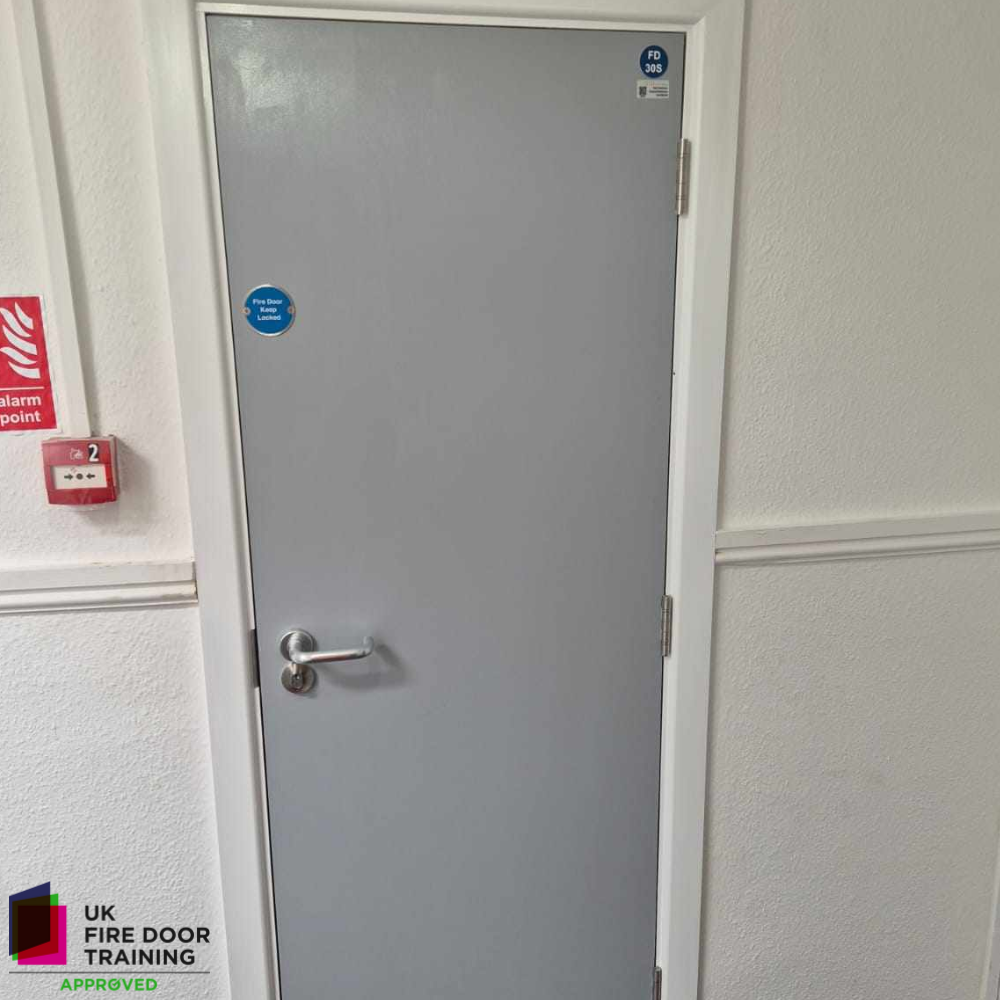5 Quick Tips to Prevent Further Roof Leaks When You Discover One
Discovering a roof leak can be a stressful situation for any homeowner. A leaking roof causes damage to your property but also poses a threat to your belongings and compromises the structural integrity of your home. Taking immediate action to prevent further leaks is crucial to minimise the damage and maintain a safe living environment. In this blog post, we will provide you with five quick tips to help you prevent further roof leaks to protect your home.
1. Act Promptly and Safely
When you notice a roof leak, it's important to act promptly. Start by ensuring your safety and the safety of others. Move any valuable items away from the affected area and place buckets or containers to catch the dripping water. Avoid walking on a wet roof as it can be slippery and increase the risk of accidents. If necessary, contact a professional roofer who can safely assess and repair the leak.
2. Clear Debris and Maintain Gutters
Clogged gutters and debris on your roof can contribute to roof leaks by obstructing the proper flow of water. Regularly clear debris such as leaves, branches and dirt from your roof and gutters. Use a sturdy ladder and appropriate safety precautions when accessing your roof. Keeping your gutters clean and free of debris will allow rainwater to drain efficiently, reducing the chances of water pooling and seeping into your home.
3. Inspect and Repair Flashings
Flashings are thin metal strips that seal joints and transitions on your roof, such as around chimneys, vents, and skylights. Over time, flashings can deteriorate or become loose, creating entry points for water. Inspect your flashings regularly and ensure they are in good condition. Look for signs of rust, corrosion, or gaps. If you notice any issues, contact a professional roofer to repair or replace the flashings promptly.
4 .Maintain Roofing Materials
Regular maintenance of your roofing materials is essential to prevent leaks. Check for cracked or missing shingles, damaged tiles or deteriorating roofing materials. Replace any damaged or worn-out components to maintain the integrity of your roof. Additionally, ensure that the sealant around vents and other roof penetrations is intact and not showing any signs of wear. Maintaining your roofing materials will help prevent water from infiltrating your home.
5. Schedule Professional Roof Inspections
Regular roof inspections by a professional roofing contractor are crucial for identifying potential issues before they escalate into significant leaks. Schedule annual or biannual inspections to assess the condition of your roof and address any minor problems promptly. A professional roofer can detect hidden leaks, identify damaged areas and provide necessary repairs or maintenance to prolong the lifespan of your roof.
Conclusion
To summarise, discovering a roof leak can be an unsettling experience but by following our five quick tips you can prevent further damage and protect your home. By taking these preventive measures, you can minimise the risk of further leaks, preserve the integrity of your roof, and ensure a safe and comfortable living environment for years to come. Remember, when it comes to roof leaks, swift action and regular maintenance are key to preserving your home's value and your peace of mind.
This blog was written by Stephen Moore - Proprietor - Stark Contractors | LinkedIn
Interested in roofing services and peace of mind? Read about and book our roofing services here











